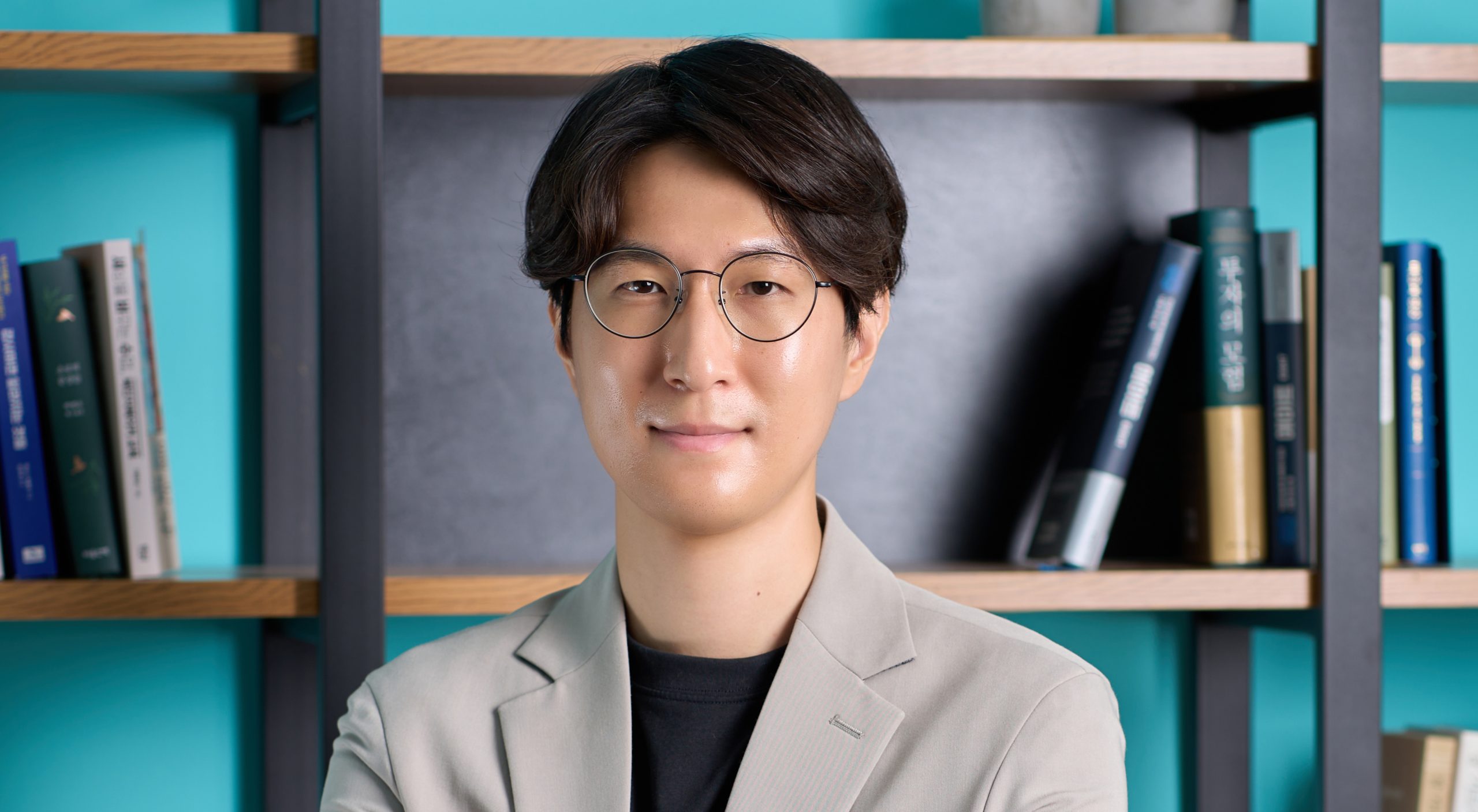
-
E mail
-
Tel052-217-2296
-
OfficeEngineering Bldg.III, Rm. 301-3
-
Lab NameAI & Communications Networks Lab.
-
Website
-
Star Library
ACNL aims at developing AI/ML solutions for next-generation wireless communications. The main focus lies in building a novel intelligent radio access network architecture, which is a key component of 6G systems. This fundamental research will lead to intelligent networking solutions that enable self-organizing and autonomous control of distributed wireless devices in core 6G applications, including vehicular networks, swarm UAV systems, and LEO satellite systems.
[Curriculum Vitae]
● 2023-Present: Associate Professor, Department of Electrical Engineering, UNIST
● 2019-2023: Assistant/Associate Professor, Department of Information and Communications Engineering, Pukyong National University
● 2018-2019: Research Fellow, Singapore University of Technology and Design
● 2017-2018: Postdoc. Fellow, Korea University
[Education]
● 2017: Ph.D., Electrical Engineering, Korea University
● 2012: B.S., Electrical Engineering, Korea University
[Research Keywords and Topics]
● Decentralized learning for wireless networks
– Edge/Fog computing networks
– Resource allocation for distributed wireless networks
– New radio access network architecture for 5G/6G
● Machine learning for wireless communications
– Semantic & task-oriented communications
– Integrated sensing, communications, and computations
– Localization and navigation control for V2X
● Machine learning for multi-antenna signal processing
– Transceiver optimization for cell-free massive MIMO networks
– Signal processing for cloud/fog radio access networks
– Multi-antenna inter-satellite networks
[Publications (selected)]
● J. Kim, *H. Lee, S.-E. Hong, and S.-H. Park, “A Bipartite Graph Neural Network Approach for Scalable Beamforming Optimization,” IEEE Transactions on Wireless Communications, Vol. 22, No. 1, pp. 333-347, Jan. 2023
● H. Lee, S. H. Lee, and T. Q. S. Quek, “Artificial Intelligence Meets Autonomy in Wireless Networks: A Distributed Learning Approach,” IEEE Network, Vol. 36, No. 6, pp. 100-107, Dec. 2022
● H. Lee, S. H. Lee, and T. Q. S. Quek, “MOSAIC: Multiobjective Optimization Strategy for AI-Aided Internet-of-Things Communications,” IEEE Internet of Things Journal, Vol. 9, No. 17, pp. 15657-15673, Sep. 2022
● S. Hwang, *H. Lee, J. Park, and I. Lee, “Decentralized Computation Offloading With Cooperative UAVs: Multi-Agent Deep Reinforcement Learning Perspective,” IEEE Wireless Commununications, Vol. 29, No. 4, pp. 24-31, Aug. 2022
● H. Lee, S. H. Lee, and T. Q. S. Quek, “Deep Learning for Distributed Optimization: Applications to Wireless Resource Management,” IEEE Journal on Selected Areas in Commununications, Vol. 37, No. 10, pp. 2251-2266, Oct. 2019
[Awards/ Honors/ Memberships]
● Best Paper Award, KICS Winter Conference 2023, 2022
● Best Paper Award, KICS Summer Conference 2022, 2021
● Best Paper Award, IEIE Fall Conference 2021
● Best Yong Engineering Researcher Award, Pukyong National University, 2020
● BK20PLUS Best Graduate Student Award, Korea University, 2017
● Best Paper Award, IEEE Seoul Section, 2016
● KU Graduate Student Achievement Award, Korea University, 2016
● Best Paper Award, Korea University, 2016
● Bronze Prize, Sansumg Inside Edge Paper Contest, 2013
